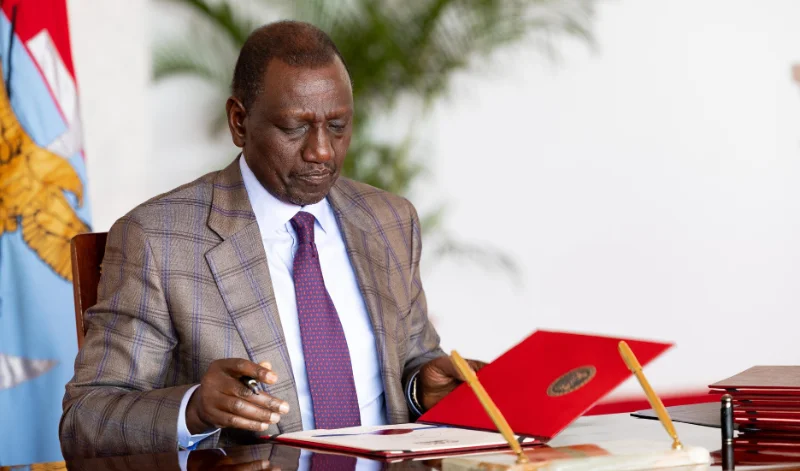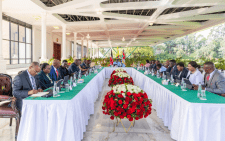Counties stare at budget cuts as State mulls austerity measures

Counties are staring at significant budgetary adjustments after President William Ruto withdrew the controversial Finance Bill, 2024, which had proposed higher taxes. This move comes with an anticipated cutback in development expenditures by Sh200 billion.
In his address following the withdrawal, Ruto emphasised the necessity of reducing the development budget to manage the country’s financial challenges. The current fiscal year’s development budget stands at Sh687.9 billion, equivalent to 3.8 per cent of the gross domestic product (GDP).
The decision to retract the Bill followed widespread protests against the proposed high tax regime for the fiscal year starting in July.
Addressing the nation after the protests last week, Ruto highlighted that county governments must prepare for substantial budget cuts due to the public demonstrations.
He said the government would be going into austerity, starting from his office with budget cuts on travel, hospitality, and renovation allocations. He also prepared Parliament, the Judiciary, and the county government to be ready to live within their means following the rejection of the Finance Bill 2024.
“The three arms of government, and the County governments, will reduce their budgets as governments look into ways of funding the budget,” Ruto stated. Other areas include elevating the war against corruption to curb wastage of public resources through theft.
Kenya currently grapples with severe economic issues, including a rising cost of living and a burgeoning national debt reaching Sh10 trillion.
Fiscal deficit
The fiscal deficit is at 5.7 per cent of GDP, with the government initially aiming to reduce this to 3.3 per cent by 2024 through rigorous fiscal consolidation measures. These measures included streamlining public expenditure, enhancing revenue collection, and reducing the public sector wage bill. Ruto also mentioned his earlier proposal to increase certain taxes, such as imposing levies on potato exports, to protect local farmers. “Our potato farmers in Kirinyaga, Nyeri, and Molo had voiced concerns about the surge in potato imports while we have our own produce,” he explained.
Consequently, the President preferred raising taxes on imports to benefit local producers and reduce dependency on foreign goods.
“I am looking forward to engaging in open discussions with young people about the best strategies moving forward,” Ruto added.



